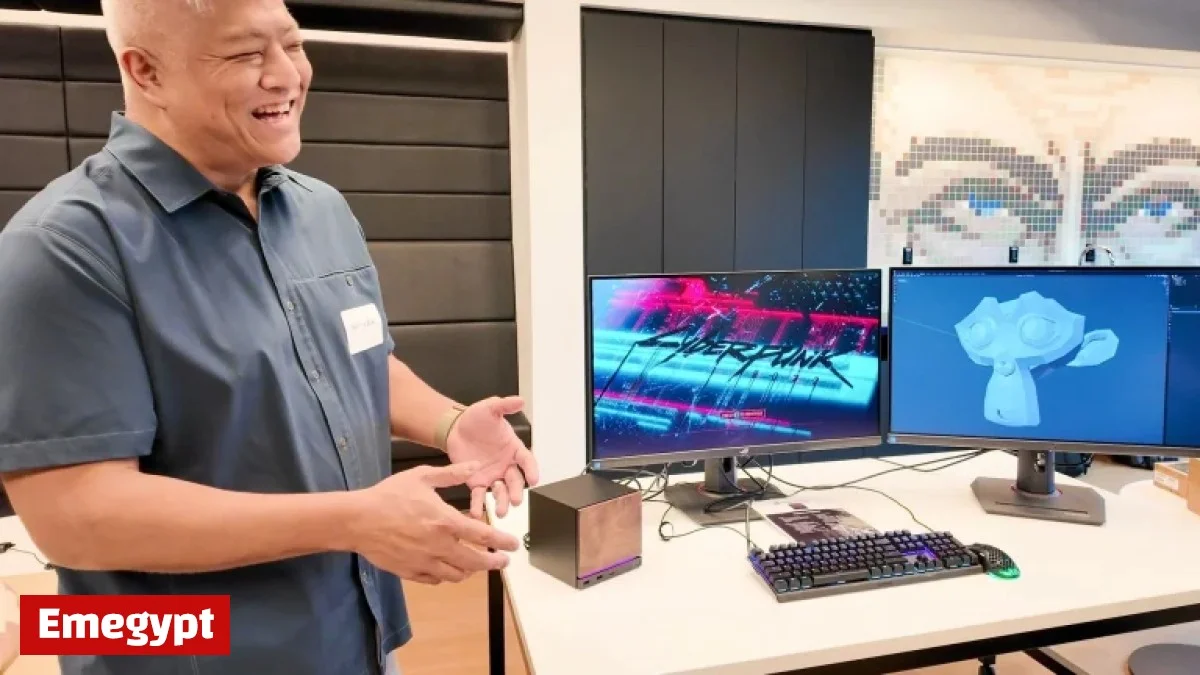
Valve’s recent announcement marks a significant shift in the PC gaming landscape. The company’s innovations suggest that Microsoft is becoming less essential for players, developers, and manufacturers. This change is highlighted by the introduction of new hardware and software solutions that challenge the Windowscentric gaming ecosystem.
Valve’s New Hardware Innovations
Valve unveiled several products designed to reshape how games are played and accessed on PCs. Among them are:
- New Steam Machine: A gaming PC designed to be compact and affordable.
- Steam Controller: An improved controller offering similar functionalities to the Steam Deck, aimed at easy access from the living room.
- Steam Frame: A standalone virtual reality headset primarily functioning as a PCVR streaming device.
Redefining Access to PC Gaming
With its innovative SteamOS, Valve is moving away from dependency on Microsoft’s Windows operating system. Traditionally, Windows has dominated PC gaming, but Valve’s developments signal a potential decline in its control. The new ecosystem enables:
- Support for Armbased devices, moving beyond x86 CPU reliance.
- A streamlined experience for running Steam games on various platforms.
- Enhanced compatibility with AMD graphics cards through inhouse driver development.
Future of PC Gaming Beyond Microsoft
The implications of Valve’s new strategies are significant. With the Steam Frame and other products, Valve aims to create an egalitarian gaming environment. Players will no longer need to rely solely on Microsoft to access their favorite games.
What Does This Mean for Developers?
Developers stand to benefit from a more open ecosystem. The integration of various operating systems means that more gamers can enjoy titles originally created for Windows. Valve plans to collaborate with manufacturers to enhance compatibility across different systems.
Challenges Ahead
While Valve’s efforts are promising, challenges remain. Microsoft continues to hold sway over multiplayer gaming, mainly due to anticheat technology linked to Windows. Older and niche games may encounter compatibility issues, although these instances are dwindling.
As Valve’s initiatives continue to evolve, the fate of Microsoft’s dominance in PC gaming may be in jeopardy. The new landscape that Valve envisions could redefine how games are played, catering to a wider audience with diverse hardware options.
